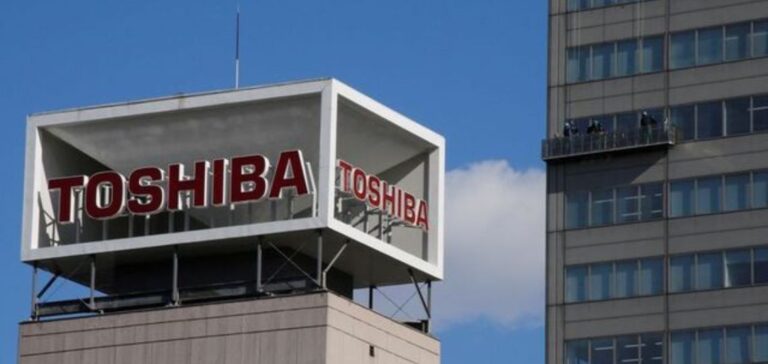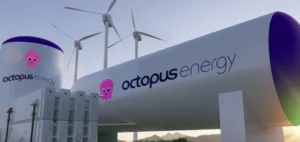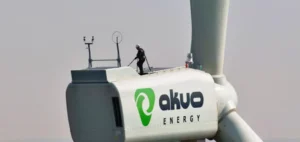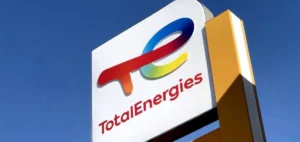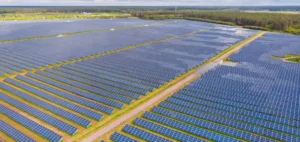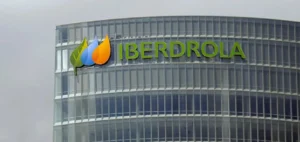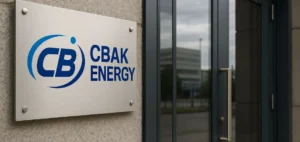Japanese conglomerate Toshiba said Thursday that it is in favor of the proposed takeoverbid by a Japanese consortium led by private equity fund Japan Industrial Partners (JIP). The buyout offer is valued at nearly 2 trillion yen, or about 14 billion euros, and the proposed price is 4,620 yen per share, a premium of less than 10% over Toshiba’s closing share price on the Tokyo Stock Exchange on Thursday.
However, Toshiba’s board of directors has not yet recommended the offer to its shareholders. The consortium’s takeover bid should be launched at the end of July at the earliest, according to the group.
The takeover of Toshiba by foreign investors seemed difficult to conceive because of the very sensitive nature of many of the group’s activities for the Japanese state, particularly in nuclear, defense, semiconductor and quantum technologies. A Japanese solution has thus emerged with JIP, which has partnered with 17 Japanese companies and 6 banks in the country to build its offer.
Toshiba has long been a symbol of triumphant Japanese industry, but in recent years it has experienced a deep governance crisis, with a cascade of departures of its executives in the face of a revolt by its activist shareholders. In 2015, the group had been splashed by a huge scandal of making up its accounts, followed by massive losses linked in particular to the collapse of its American nuclear equipment subsidiary Westinghouse, now sold. Playing for its survival, Toshiba had to divest itself of many assets, including its valuable memory chip business Toshiba Memory, now Kioxia, of which it still owns 40%.
The takeover could “finally provide some stability and continuity,” which Toshiba “probably needs the most,” said an analyst at LightStream Research. It is “quite plausible” that the JIP takeover will result in “some grumbling” among Toshiba’s 116,000 or so employees, but any restructuring that is less onerous than the last dramatic 7-8 years should probably be considered the lesser evil.
The group had recently lowered its targets for its 2022/23 financial year due to higher than expected exceptional charges. This takeover could therefore be a breath of fresh air for Toshiba. The group has not yet recommended this offer to its shareholders, but this takeover could mark a new chapter in the history of the former Japanese industrial and technological flagship.

